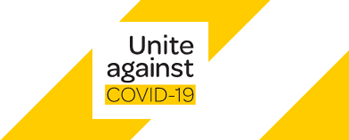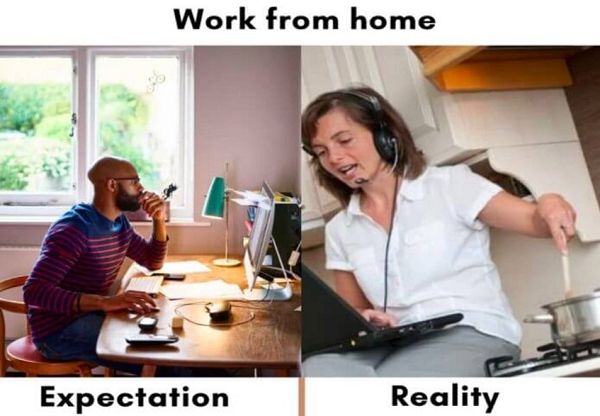What you need to know about
COVID-19 | Click here

What you need to know about
COVID-19 | Click here


Thursday September 1, 2022 10:16
With the onslaught of COVID19, lockdowns and the now traffic light system of controls, many organisations have changed the way in which they operate, how and where their staff work and do their jobs. There has been a huge increase in staff working from home and more recently a hybrid form of two days in the office and three at home or similar arrangements.
What does this mean in terms of compliance to the Health and Safety At Work Act – 2015 (HSAW)?
A person conducting a business or undertaking (PCBU) still has the primary duty of care for workers.
What is expected when staff are working from home?
WorkSafe NZ, the government regulator of the HSAW Act, has issued considerable guidance which is provided below:
“Having workers work from home is one way that businesses and services can manage the risk of work-related COVID-19 transmission. Working from home may be appropriate for some workers, depending on the type of work they do.
We expect businesses and services to:
We have developed our own guidance for businesses, services and workers on how to manage mental health risks when working from home. This information is useful for both regular working from home arrangements, and during unusual situations such as during the COVID-19 pandemic.
We expect businesses and services to keep following advice from the government and other expert sources. For example:
As more people may be spending more time at home it is important everyone remembers these messages:
As many people will continue to have makeshift offices at home it’s important that you don’t overload your power boards, including multi-plugs and multi-boxes.
Index – Available from the WorkSafe NZ Website: https://www.worksafe.govt.nz/
If you have concerns around this topic or other H&S matters, your Securo Consultant is available to help and assist you, so please give them a call or alternatively, you can contact Securo head office on 0800 55 33 44.